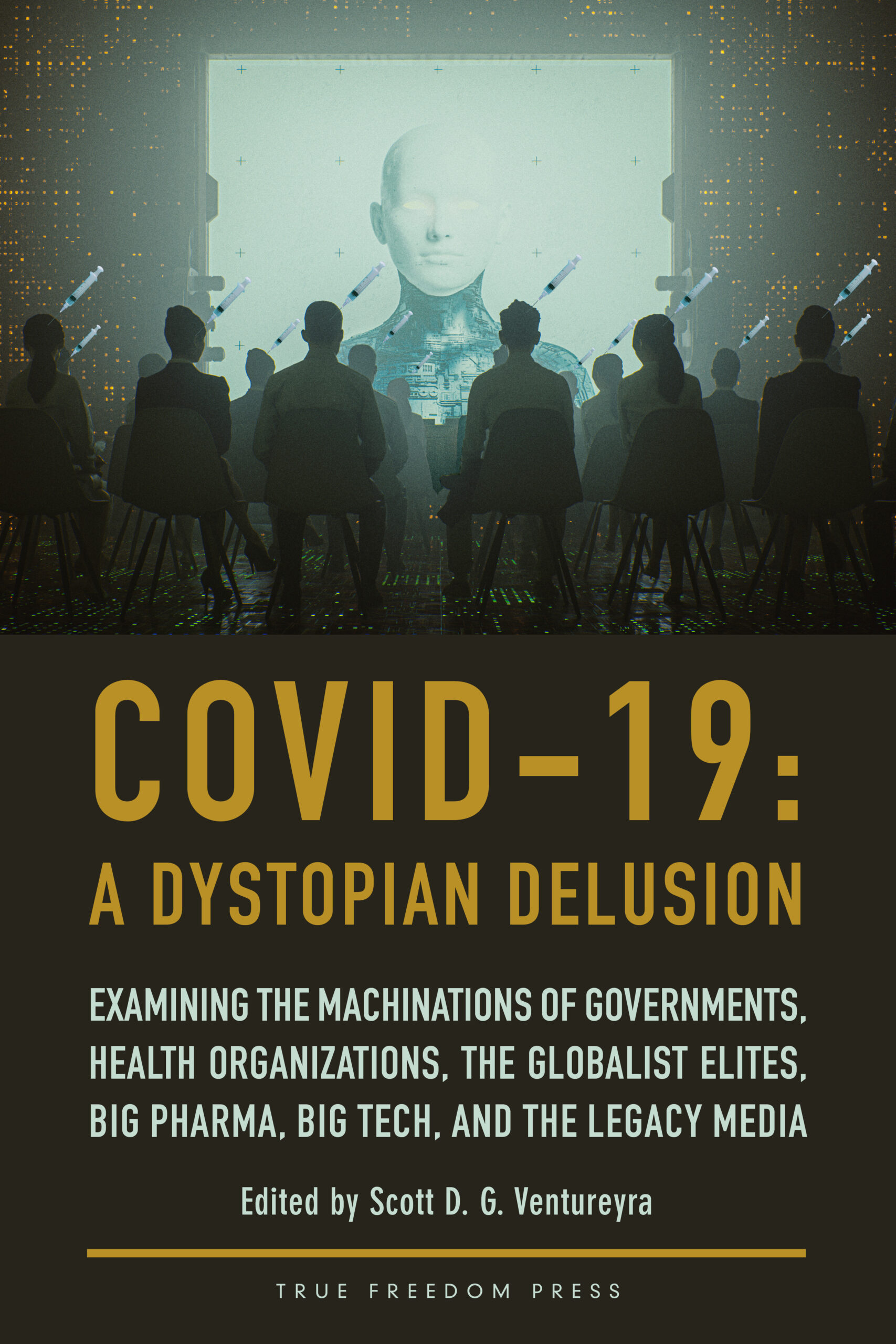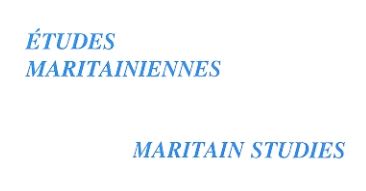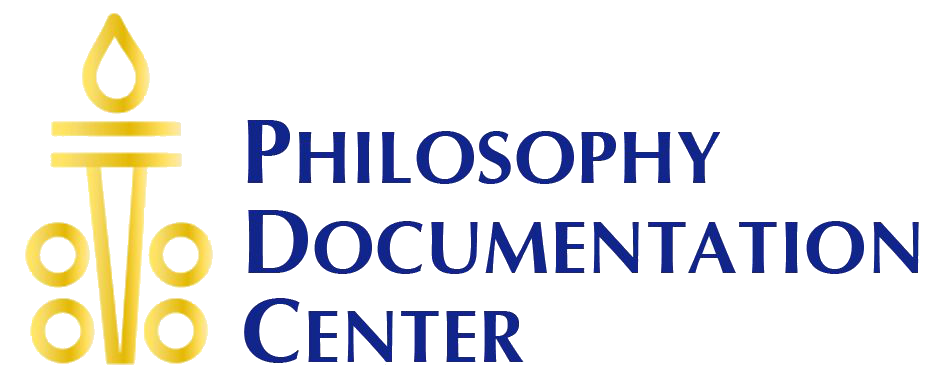
A review by David J. Klassen of COVID-19: A Dystopian Delusion

Originally published in Maritain Studies/Études maritainiennes 38 (2022): 129-133.
COVID-19: A Dystopian Delusion reviewed by David J. Klassen in Études maritainiennes – Maritain Studies, Volume 38: 129-133 (November 2022).
David J. Klassen is a philosopher who used to practice law. He is a longstanding member of the Canadian Jacques Maritain Association and currently serves as its vice president.
COVID-19: A Dystopian Delusion: Examining the Machinations of Governments, Health Organizations, the Globalist Elites, Big Pharma, Big Tech, and the Legacy Media can be purchased on the True Freedom Press website and on Amazon (click on the links).
On a visit to hipster Brooklyn and literary Manhattan in March of 2023, Naomi Wolf was struck by the absence of books on the shelves concerning events that
had been dominating the news for most of the preceding three years. [1] She says, “I had found that Brooklyn – alongside literary Manhattan – was oddly frozen
in an amber of denial and silence.” Books by public intellectuals addressing pandemic policies, lockdowns and the mandated mRNA injections were nowhere to be found on the shelves of her favourite independent bookstores. The top ten nonfiction books listed by Time had nothing to do with such topics. But why? Perhaps it had something to do with COVID fatigue on the part of a public that now wants to get on with the rest of their lives, but it may have more to do with the shunning of those who attempt to break the silence with any serious consideration of what happened and what may have gone wrong.
Let me therefore bring to your attention a book which does break the silence.
Edited by Scott Ventureyra, this book includes seven chapters by six authors, a preface, an epilogue, two appendices and an index. The most substantial chapters dealing with the response to COVID-19 come later in the book, but I will start with the beginning chapters.
The first two chapters are largely concerned with cultural and political trends that predate and set the stage for the COVID-19 pandemic response. A short chapter by Travis Louisseize, “Lessons Lost to History,” contends that there has been an assault of propaganda which, together with overreliance on smart phones for information, undermines our ability to think independently. Louisseize draws parallels between the persecution of independent small farmers, known as Kulaks, by the Soviet Union and the plight of today’s middle class small business owners who lost their livelihoods due to the COVID lockdowns. He calls for mandatory reading of Solzhenitsyn’s The Gulag Archipelago by high school students to help reverse a radical ideological takeover of the educational system and so that the lessons of history be brought
to the attention of youth. A longer chapter (30 pages) by Phil Fernandes, anAmerican pastor and educator with doctoral degrees in philosophy of religion and Christian apologetics, is “The Great Reset and the New World Order.” Fernandes provides the reader with a historical account of the progressive acceptance of globalism by the U.S. government, and covers key globalist leaders and organizations. He also discusses the founding of Cultural Marxism by European intellectuals such as Gramsci, Lukacs, Horkheimer, Adorno and Marcuse, and its status as “a new civil religion” opposed to Christianity that has become influential in the United States. Globalism, or the New World Order, involves the formation of a single international government, to be achieved through “The Great Reset” as discussed by Klaus Schwab and Thierry Malleret in COVID-19: The Great Reset. COVID measures such as lockdowns and mandatory vaccination are viewed by Fernandes as leading to a global tyranny inimical to human freedom and dignity and at odds with his Christian faith.
Chapter 3, “Reflections on the COVID-19 Pandemonium” by Scott D.G. Ventureyra, is a much longer (73 pages) wide-ranging chapter which begins by identifying two main issues: the difficulty of keeping abreast with the bombardment of information, and the problem of discerning reliable information from misinformation/disinformation. Ventureyra has a Ph.D. in Philosophical Theology and has completed university degrees in other fields including economics. Although not an expert in medicine or science, he says that he has successfully completed science courses at the university level and that his training in logic, philosophy and other fields enables him to assess the soundness and coherence of arguments regardless of the discipline. And indeed, philosophy has traditionally been called the Queen of the Sciences and has been held to be competent to judge the specialized sciences. [2] This chapter includes Ventureyra’s reflections on political, scientific, psychological, sociological and legal issues arising during the first two years following the COVID-19 outbreak starting in early 2020. He gives an account of censorship, propaganda, institutional corruption of both private and public-sector institutions, and what he describes as the “unthinking compliance” of most people.
Chapter 3 may be read in conjunction with the book’s sixth and longest (102 pages) chapter, “COVID-19: A Pandemic of Malfeasance and Incompetence: Unpopular Truths and Propagated Lies,” co-authored by Scott and Enrique Ventureyra. Enrique C.G. Ventureyra is an M.D., an Emeritus Chief of Neurosurgery at an Ontario hospital, and an Emeritus Professor of Neurosurgery at the University of Ottawa. Chapter 6 focuses on scientific and medical issues relating to COVID-19, including those pertaining to the origins of SARS-Cov-2, PCR testing, lockdowns, use of masks, the demonization of effective early treatments such as hydroxychloroquine and ivermectin, natural immunity, and the vaccines (whose status as genuine vaccines is disputed). It raises questions as to the necessity, safety and effectiveness of the COVID vaccines, and in each case answers in the negative.
There are two short chapters primarily concerned with psychological issues. Chapter 4, written by Valérie A.G. Ventureyra, a clinical psychologist and psychotherapist with a Ph.D. in Cognitive Neuroscience, is “Mind-Control Tactics and Fear Mechanisms Deployed During the COVID-19 Pandemic.” Chapter 5, written by Martina J. Speck, who holds an M.Sc. in Clinical and Health Psychology and who at the time was studying for her Ph.D. at the University of Ottawa, is “The Psychosocial Cost of Extreme Measures Regarding Mental Health.” Enrique Ventureyra is the sole author of chapter 7, “The Aftermath of a False Pandemic: Thoughts on the Experimental Vaccines.” The reader will find that the author of chapter 7 at times goes beyond the domain of his medical and scientific expertise in his speculations on the origins of the “false pandemic.” He contends that there is an “unfolding sinister plan against humanity” (235) which is designed and directed by an Intergalactic Alliance of non-human beings including “demons, aliens and other entities” which are “facilitated by a small group of ‘human elites’” (236). Such contentions cannot be dismissed
as logically impossible, but they will probably strike many readers as bizarre and highly unlikely. That does not, however, detract from the relevance of, and should not prevent consideration of, the author’s opinions within his field of expertise.
The Epilogue, “Where Do We Go from Here?” is written by Scott Ventureyra. It affirms the need to keep resisting the agenda by which the “globalists and their political understudies are wreaking as much havoc and possible” because we know that to resist is right and just, and that to do so is to be faithful to God (276). A strength and weakness of this book is that it was written in the thick of the first two years of the COVID crisis, and was rushed to print in April of 2022. Its strength is found in the temporal immediacy of the writing and reporting. It documents in real time the authors’ reflections and reactions to measures taken in response to the outbreak of COVID-19. Its main weaknesses are those one might expect in a volume brought to print in a hurry and published independently without extensive proofreading by professional editors. As noted in the Preface, the editor had signed a contract with a large publishing house in the United States which was subsequently cancelled because of that publisher’s reluctance to publish material contradicting the accepted COVID- 19 narrative. It is the second book published by fledgling True Freedom Press, which provides an outlet for such independent thinking. The careful reader will find typographical and syntactical errors, which thankfully are not too pervasive. The Preface tells us that, “The book is extensively researched with over 800 references” (xiii). That is true, but there are at least a few assertions in the book for which no citation is given. This is not an exhaustive list, but those assertions include a claim about an unnamed Israeli study said to contradict the claim that transmission of the virus is substantially lessened by vaccination (42), a claim that “to date this biological agent has not been purified or isolated in any laboratory around the world” (154), and a claim that Sweden had more COVID restrictions than other Nordic countries (160). [3] In defence of the lead author and editor, he stresses that “science is about questioning and debating,” and is “subject to revision” (34). He says that one should aim to be “as objective as possible” while admitting that “pure objectivity is impossible” (34). He concedes that he has not verified the veracity of every resource, and will leave it to the reader to decide where the truth lies (34). Therefore, the book is not meant as the final word on all topics under consideration, particularly not with respect to scientific details, and it invites independent investigation on the part of readers.
Let it be emphasized, however, that this book makes a strong case for its core claims against the unprecedented measures taken globally to stop the spread of COVID-19. It contends that the “cure” has been much worse than the disease, leading to a public health disaster accompanied by a human rights disaster, opening the door for a global tyranny. It argues persuasively that the lockdowns have failed and that the collateral damage inflicted on businesses, education and human lives has “exceeded any conceivable benefit” (161). Probably worst of all is the violation of the right to voluntary informed consent, which incidentally is required by the Nuremberg Code before people are subjected to experimental medications or procedures. Members of the public were not adequately informed as to the risks of vaccination, and therefore couldnot give their informed consent. Instead, people were subjected to a propaganda blitz followed by mandated administration of experimental (the Phase 3 trials had not been completed), dangerous and potentially lethal injections which have failed to live up to the promise that they would prevent infection and stop transmission of the virus. It is a wakeup call for citizens of the world to fight for their freedom by resisting such tyrannical edicts.
If they have occasion to read it, this book will be most helpful to those who have heretofore accepted the official COVID narrative without question. At the very least, it has value as a stimulus for more careful and critical thinking to evaluate what has happened, so that we may at least hope that the same mistakes will not be repeated. A revised edition, with updated information and
corrections where necessary, would be even more valuable. Critics will be tempted to summarily dismiss the claims of the authors as unfounded “conspiracy theories,” but it is not legitimate to do that without considering the facts that have been cited and without carefully evaluating and responding to the authors’ arguments. To quote Germany-based American playwright C.J. Hopkins, “these derogatory labels, ‘anti-vaxxer,’ ‘conspiracy theorist,’ and ‘Covid denier’ are meaningless. They’re purely tactical terms, like the term ‘extremist.’ Their only purpose is to demonize anyone who questions or challenges the official ‘New Normal’ narrative.”4 Censorship, unresponsive silence in the face of the authors’ claims, and ad hominem attacks on the authors might only serve to show the weakness of an official narrative for which there is no substantive defence.
NOTES
[1] Naomi Wolf, “The Death of Culture: How Lies Killed Books – A Visit to Hipster Brooklyn,” March 17, 2023, https://naomiwolf.substack.com/p/the-death-ofculture-how-lies-killed.
[2] The right of philosophy, especially metaphysics, to the title “Queen of all the sciences” was affirmed by Immanuel Kant in the Preface to his first Critique. Jacques Maritain in An Introduction to Philosophy, Pt. I, c. 6, similarly asserts that philosophy is the sovereign science that according to its principles is competent to judge all the other sciences.
[3] The author advises me that the last-mentioned claim should have read that Sweden had less restrictions than other European countries. However, the published claim might be supported at least in part by Oxford University’s Coronavirus Government Response Tracker showing that Norway and Finland had policies less stringent than Sweden for much of 2020. See Jonathan Miltimore, “The New York Times Finally Warms to Sweden’s Pandemic Response – Three Years Later,” April 7, 2023, https://www.theepochtimes.com/the-new-york-times-finally-warms-toswedens-pandemic-response-three-years-later_5178997.html; https://www.bsg.ox.ac.uk/research/covid-19-government-response-tracker.
[4] Matt Taibbi, “Meet the Censored: C.J. Hopkins, Critic of the ‘New Normal’,” May 13, 2021, https://www.racket.news/p/meet-the-ensored-cj-hopkins-critic.



